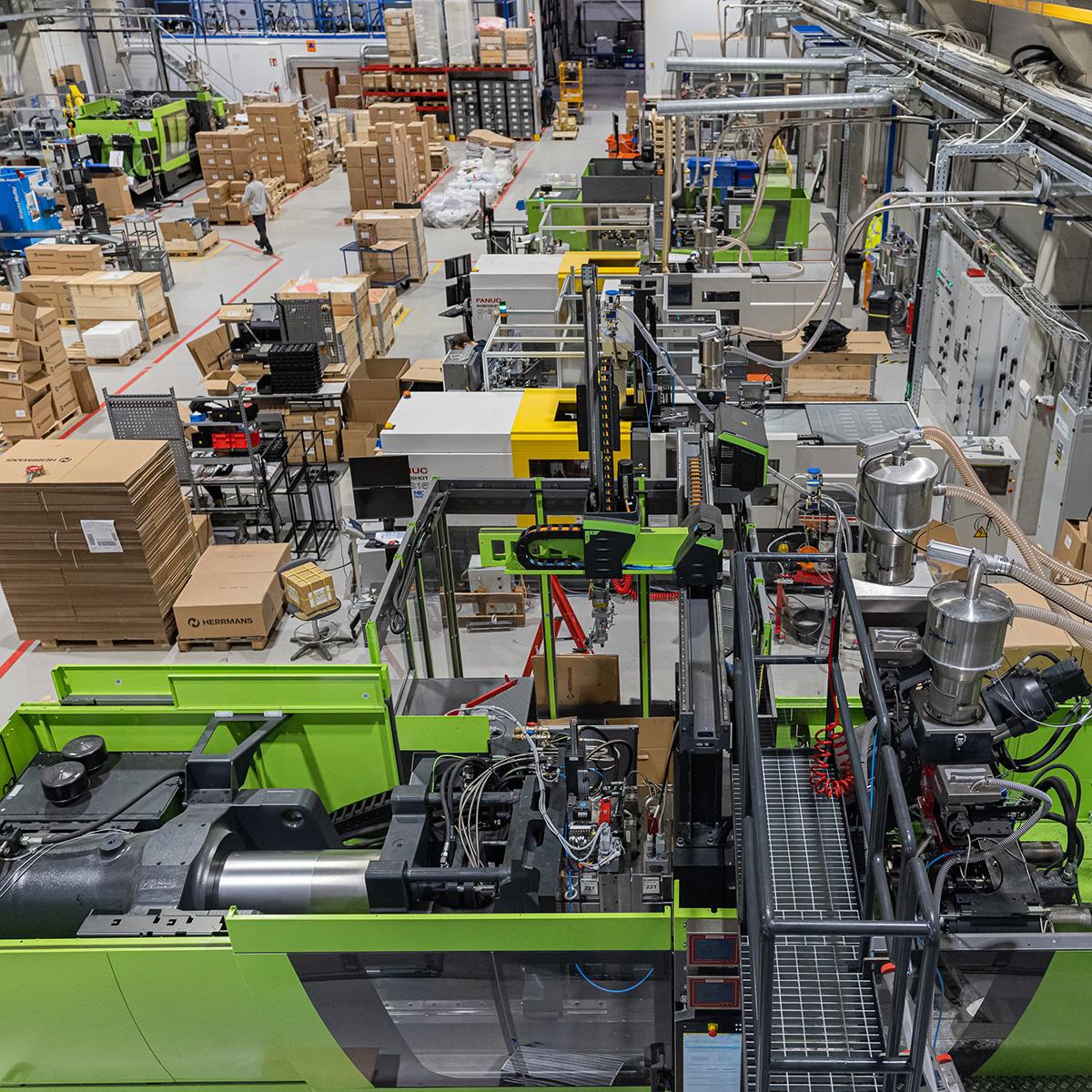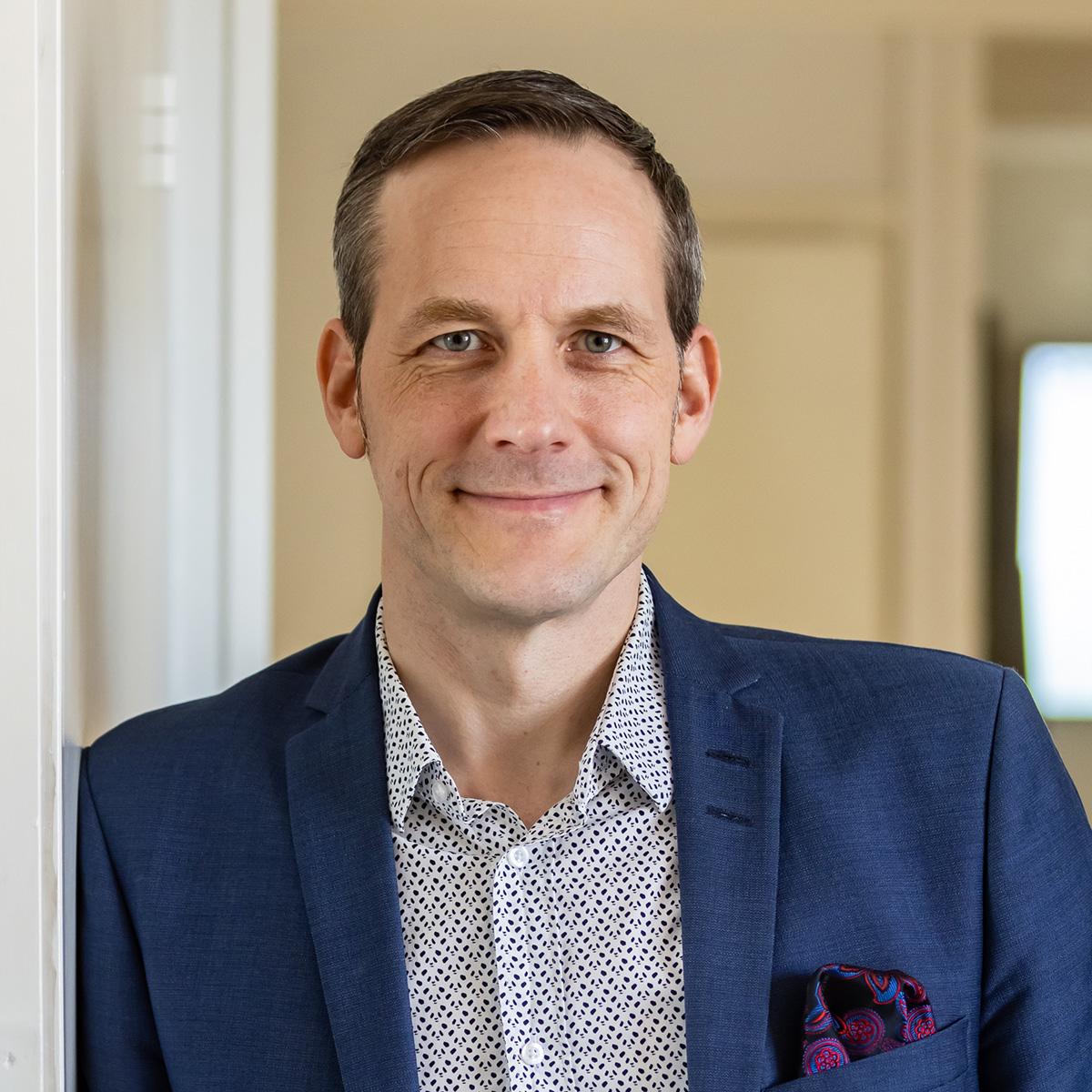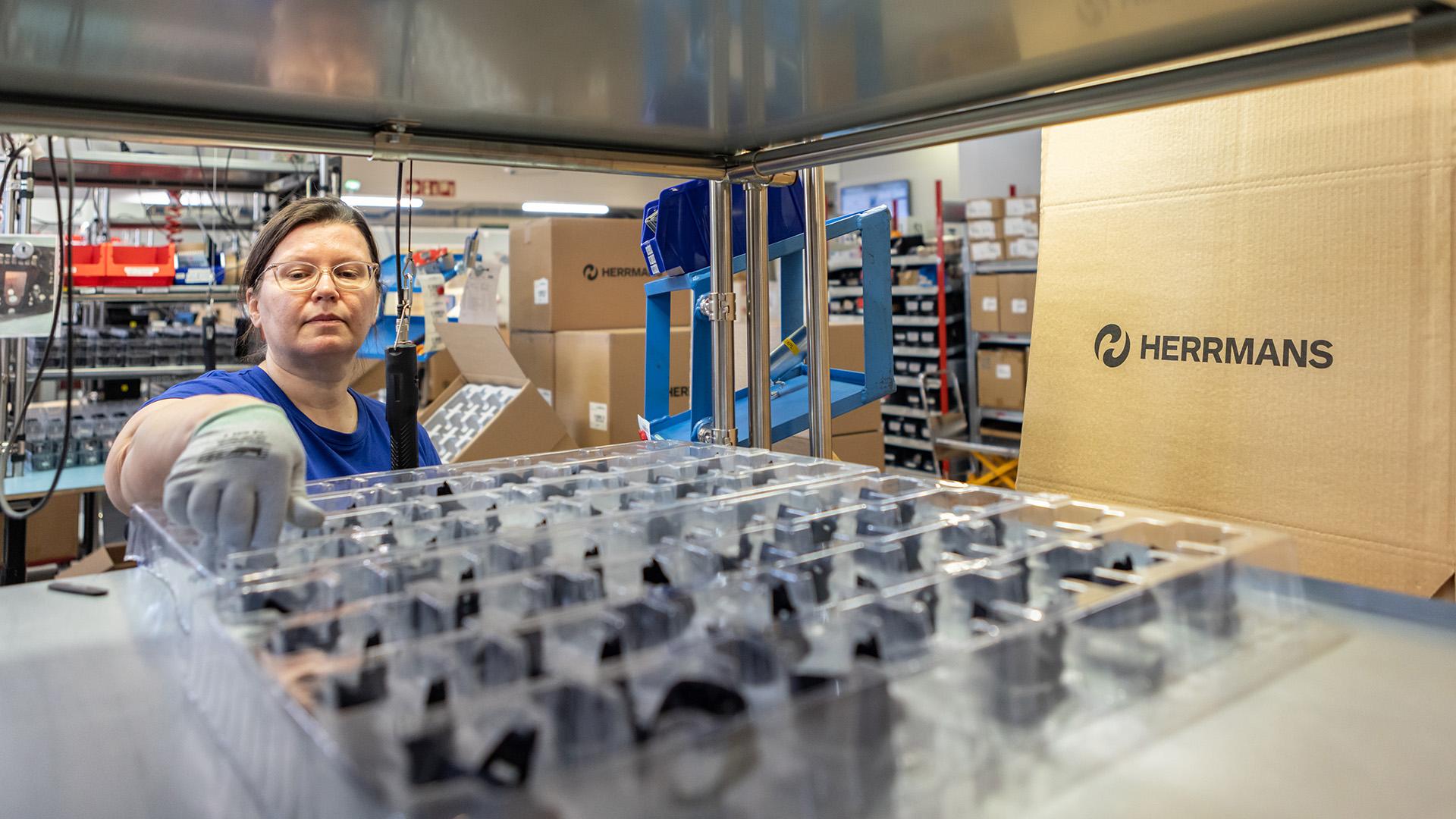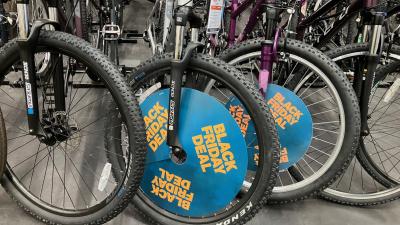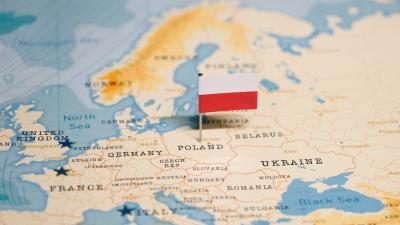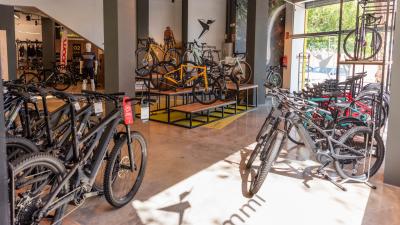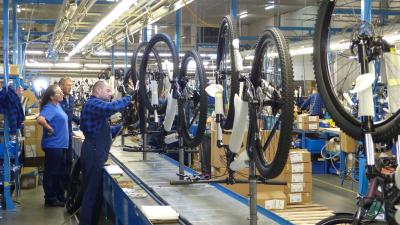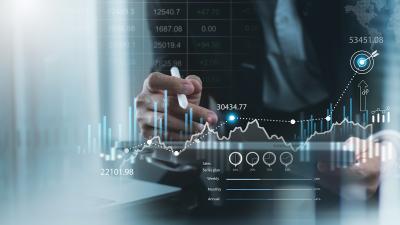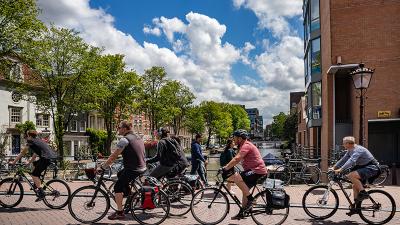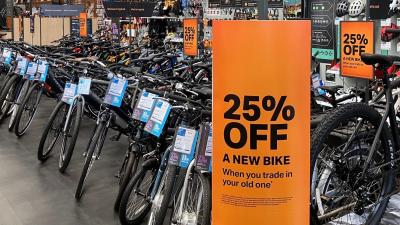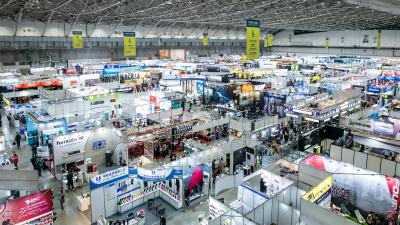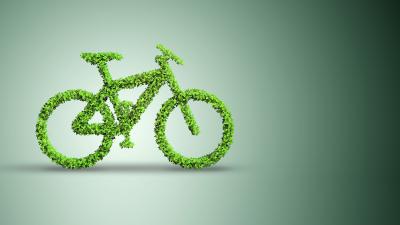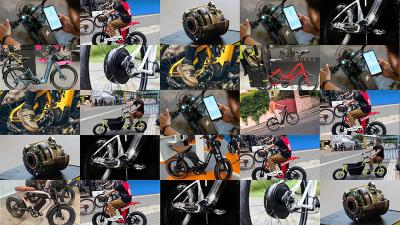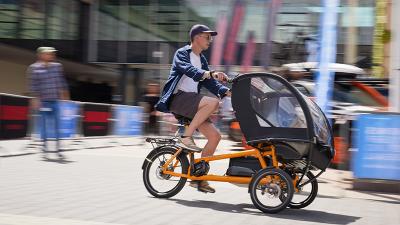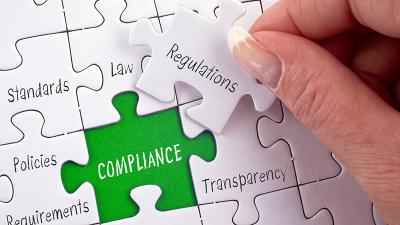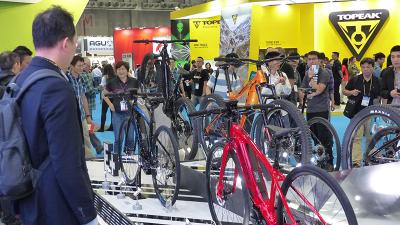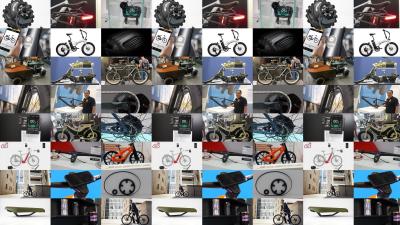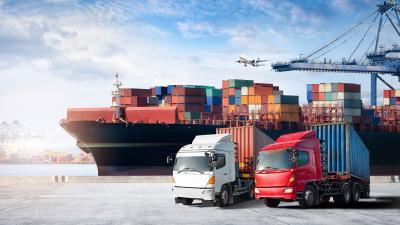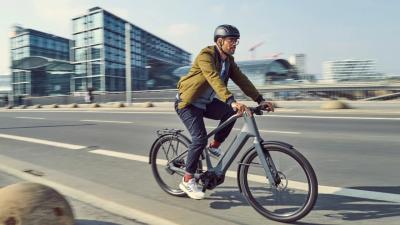All pages
1
Bicycle production steadily converging in Europe
Cover and contents
2
Pon puts Lithuania on the forefront
Lithuania moves to forefront of European bicycle production
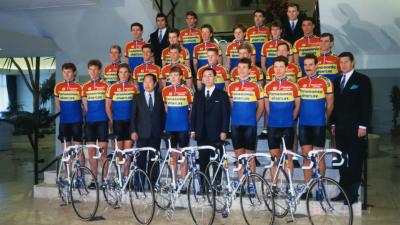
3
Panasonic
Shaping the e-bike sector with decades of experience
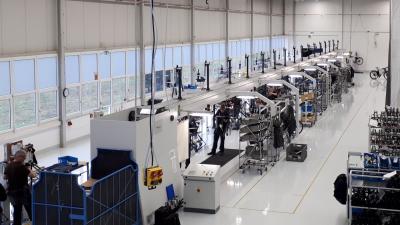
4
Chinese-backed brand builds e-bike factory in Poland
Polana Bikes has ambitions to produce 80,000 e-bikes per year in the future
5
Panasonic gets closer to European market
Why did the e-bike pioneer first put the brakes on the Europe?
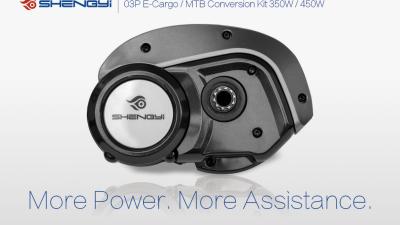
6
Suzhou Shengyi
03P E-Cargo / MTB Conversion Kit 350W / 450W
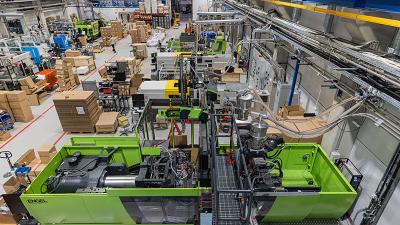
7
Data driven component manufacturing in Finland
Herrmans Bike Components enters a new phase where automation is a key focus
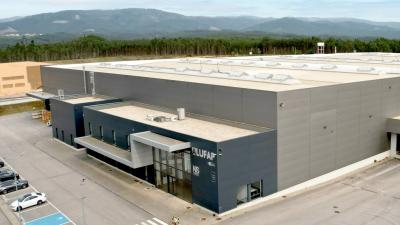
8
Investments in European production continue
An increasing number of companies are opting for close to market production.
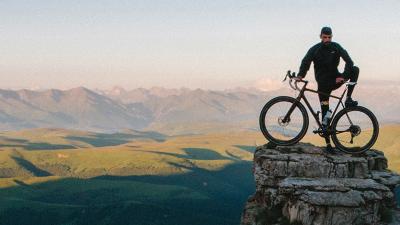
9
Group subscription
All editions
Search
Search, through all Editions
